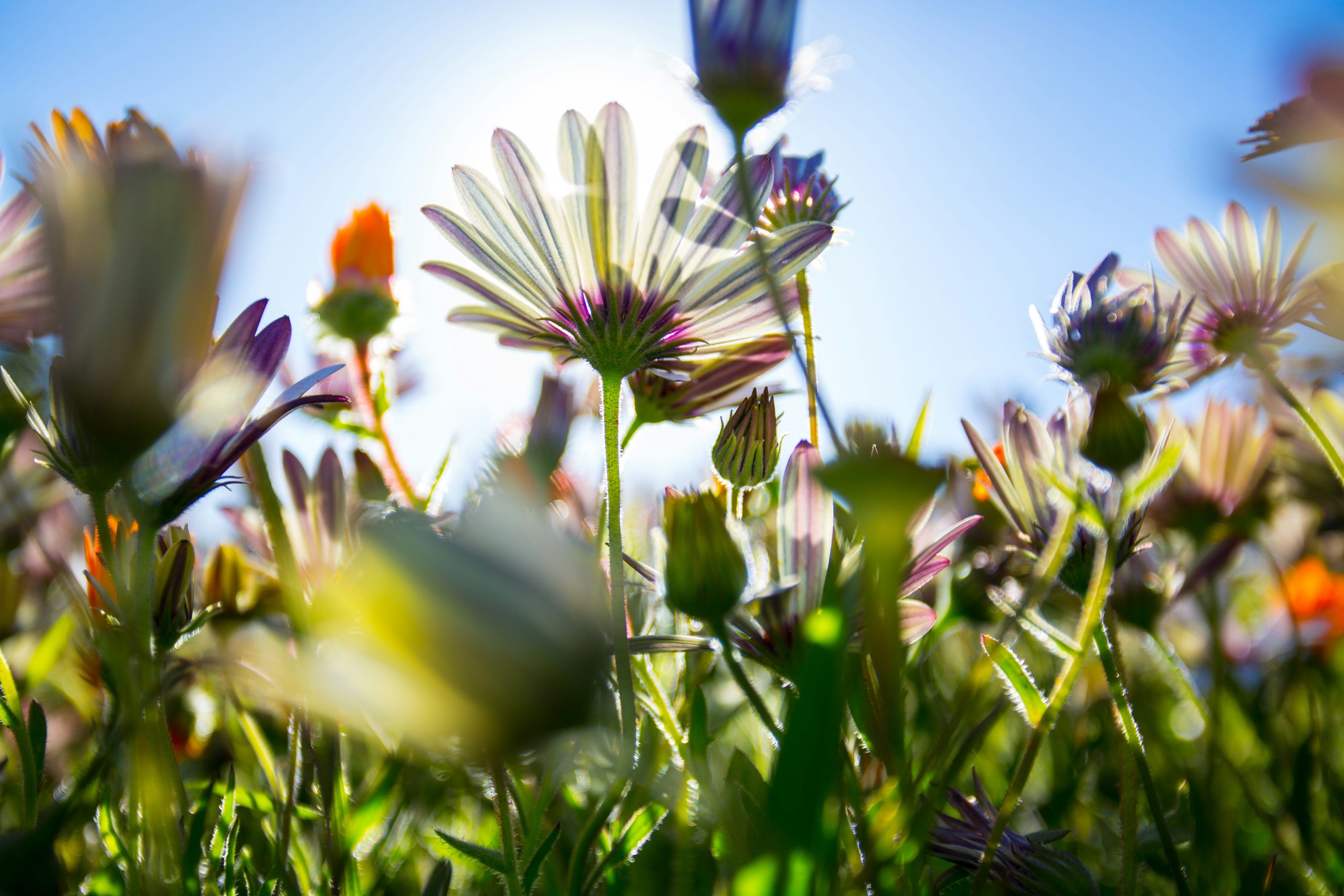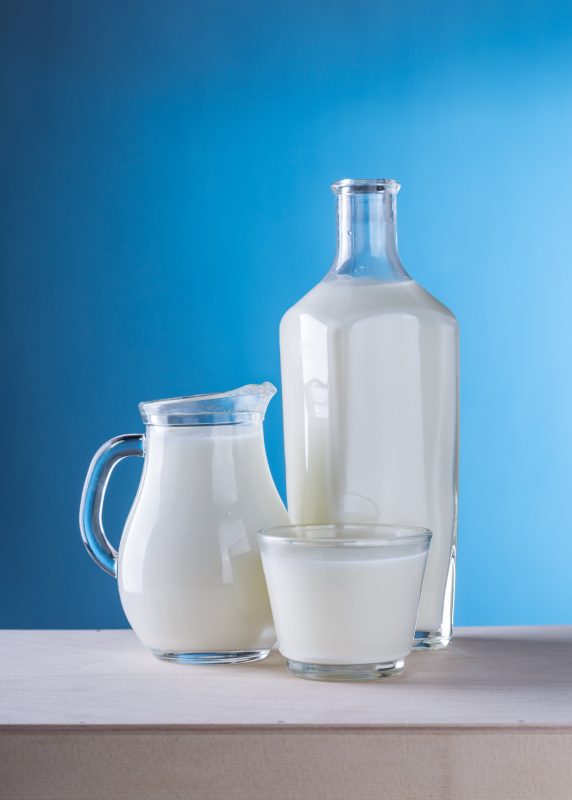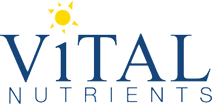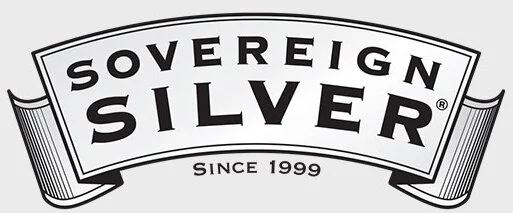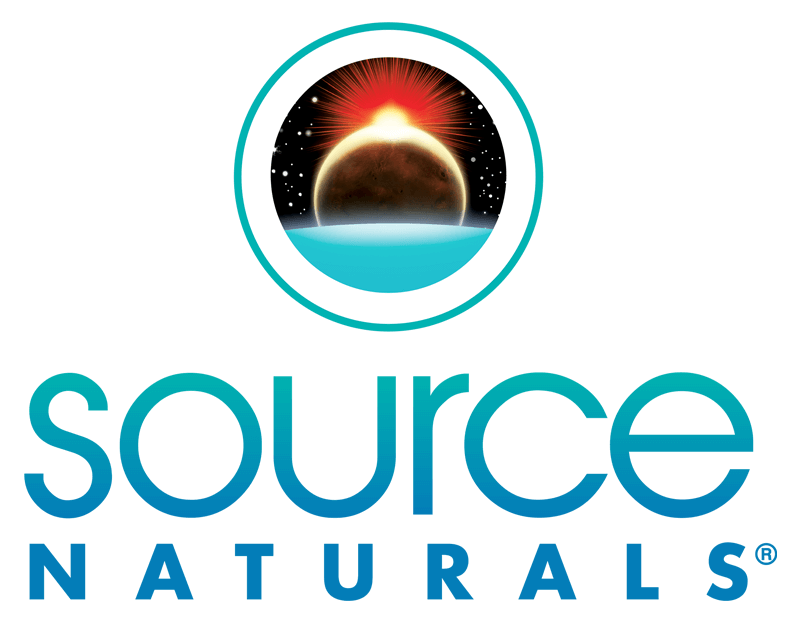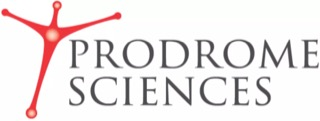Wildflowers
In Southeast Texas, various wildflowers offer potential benefits for humans, including medicinal, culinary, and ecological advantages. However, it’s crucial to exercise caution and ensure proper identification before harvesting and consuming wildflowers. Here are ten common wildflowers found in Southeast Texas, along with their potential benefits, precautions, and guidelines for harvesting and use:
- Lemon Balm (Melissa officinalis):
- Benefits:
- Culinary herb with a lemony flavor.
- Known for calming and soothing properties.
- Harvesting:
- Collect leaves throughout the growing season.
- Cautions:
- Can spread rapidly.
- When to Harvest:
- Spring to early fall.
- How to Use:
- Use fresh or dried leaves in teas, salads, or as a seasoning.
- Passionflower (Passiflora incarnata):
- Benefits:
- Traditionally used for its calming effects.
- May aid in sleep and anxiety.
- Harvesting:
- Harvest leaves and flowers during the growing season.
- Cautions:
- Consult with a healthcare professional before using for medicinal purposes.
- When to Harvest:
- Late spring to early fall.
- How to Use:
- Make teas or tinctures from leaves and flowers.
- Chicory (Cichorium intybus):
- Benefits:
- Edible leaves and roots.
- Traditionally used for digestive health.
- Harvesting:
- Harvest leaves when young; roots can be dug in the fall.
- Cautions:
- Bitter taste; not suitable for everyone.
- When to Harvest:
- Leaves in spring and summer; roots in fall.
- How to Use:
- Use young leaves in salads; roast and grind roots as a coffee substitute.
- Bee Balm (Monarda spp.):
- Benefits:
- Attracts pollinators like bees and butterflies.
- Medicinal uses, including antimicrobial properties.
- Harvesting:
- Harvest leaves and flowers when in bloom.
- Cautions:
- Some species can spread aggressively.
- When to Harvest:
- Late spring to early summer.
- How to Use:
- Make herbal teas or use as a seasoning in culinary dishes.
- Elderberry (Sambucus nigra):
- Benefits:
- Rich in antioxidants.
- Traditionally used for immune support.
- Harvesting:
- Harvest ripe berries in late summer.
- Cautions:
- Only ripe berries should be consumed; unripe berries are toxic.
- When to Harvest:
- Late summer.
- How to Use:
- Make elderberry syrups, jams, or teas.
- Mullein (Verbascum thapsus):
- Benefits:
- Traditionally used for respiratory issues.
- Leaves have potential medicinal properties.
- Harvesting:
- Harvest leaves before flowering.
- Cautions:
- Avoid excessive use due to potential irritant properties.
- When to Harvest:
- Late spring to early summer.
- How to Use:
- Make teas or infusions from dried leaves.
- Dandelion (Taraxacum officinale):
- Benefits:
- Edible leaves and roots.
- Traditionally used for liver and digestive health.
- Harvesting:
- Harvest leaves when young; roots can be dug in the fall.
- Cautions:
- May cause allergic reactions in some individuals.
- When to Harvest:
- Leaves in spring and summer; roots in fall.
- How to Use:
- Use young leaves in salads; roast and grind roots for herbal coffee.
- Plantain (Plantago major):
- Benefits:
- Edible leaves with potential medicinal properties.
- Traditionally used for skin conditions.
- Harvesting:
- Harvest leaves throughout the growing season.
- Cautions:
- Ensure proper identification to avoid toxic look-alike plants.
- When to Harvest:
- Spring to fall.
- How to Use:
- Use fresh leaves in salads or make infusions for skin applications.
- Yarrow (Achillea millefolium):
- Benefits:
- Medicinal uses, including anti-inflammatory properties.
- Attracts beneficial insects.
- Harvesting:
- Harvest flowers and leaves during the blooming season.
- Cautions:
- May cause allergic reactions in some individuals.
- When to Harvest:
- Late spring to early fall.
- How to Use:
- Make teas or infusions for medicinal purposes.
- Black-Eyed Susan (Rudbeckia hirta):
- Benefits:
- Attractive to pollinators.
- Potential medicinal uses.
- Harvesting:
- Harvest flowers during the blooming season.
- Cautions:
- Some individuals may be allergic to the plant.
- When to Harvest:
- Late spring to early fall.
- How to Use:
- Limited culinary uses; primarily appreciated for its ornamental value.
Harvesting and Preparing Wildflowers for Consumption:
- Positive Identification:
- Properly identify wildflowers before harvesting.
- Harvesting:
- Use clean, sharp scissors or shears to avoid damaging plants.
- Harvest leaves and flowers in moderation to ensure plant sustainability.
- Cleaning:
- Wash wildflowers thoroughly to remove dirt and potential contaminants.
- Drying:
- For medicinal use, air-dry flowers and leaves in a cool, dark place.
- Storage:
- Store dried wildflowers in airtight containers away from moisture and light.
- Preparation:
- Use wildflowers in teas, infusions, salads, or as seasoning based on their specific properties.
It’s crucial to approach foraging with respect for the environment, proper knowledge, and mindfulness of potential risks. Consult with local experts, field guides, or botanists for accurate identification and responsible foraging practices. Additionally, always consult with a healthcare professional before using wildflowers for medicinal purposes.
We hope you found the information provided by Thera-Mineral valuable and insightful. At Thera-Mineral, we are dedicated to offering high-quality supplements to support your health and well-being.
If you have any further questions, need additional information, or would like to explore our range of supplements, please don’t hesitate to reach out. You can contact us at our office located at 25216 Grogan’s Park Dr. Suite A, The Woodlands, TX 77380. Our friendly team is ready to assist you by phone at 855-472-2569 or via email at support@theramineral.com.
For your convenience, most supplements are available on our website, theramineral.com. However, if you don’t find a specific product on the site, our dedicated staff can help you place an order, and we’ll ensure it’s delivered to your place of choice.
We appreciate your trust in Thera-Mineral, and we look forward to being a reliable partner on your journey to optimal health. Thank you again for being part of our community!


